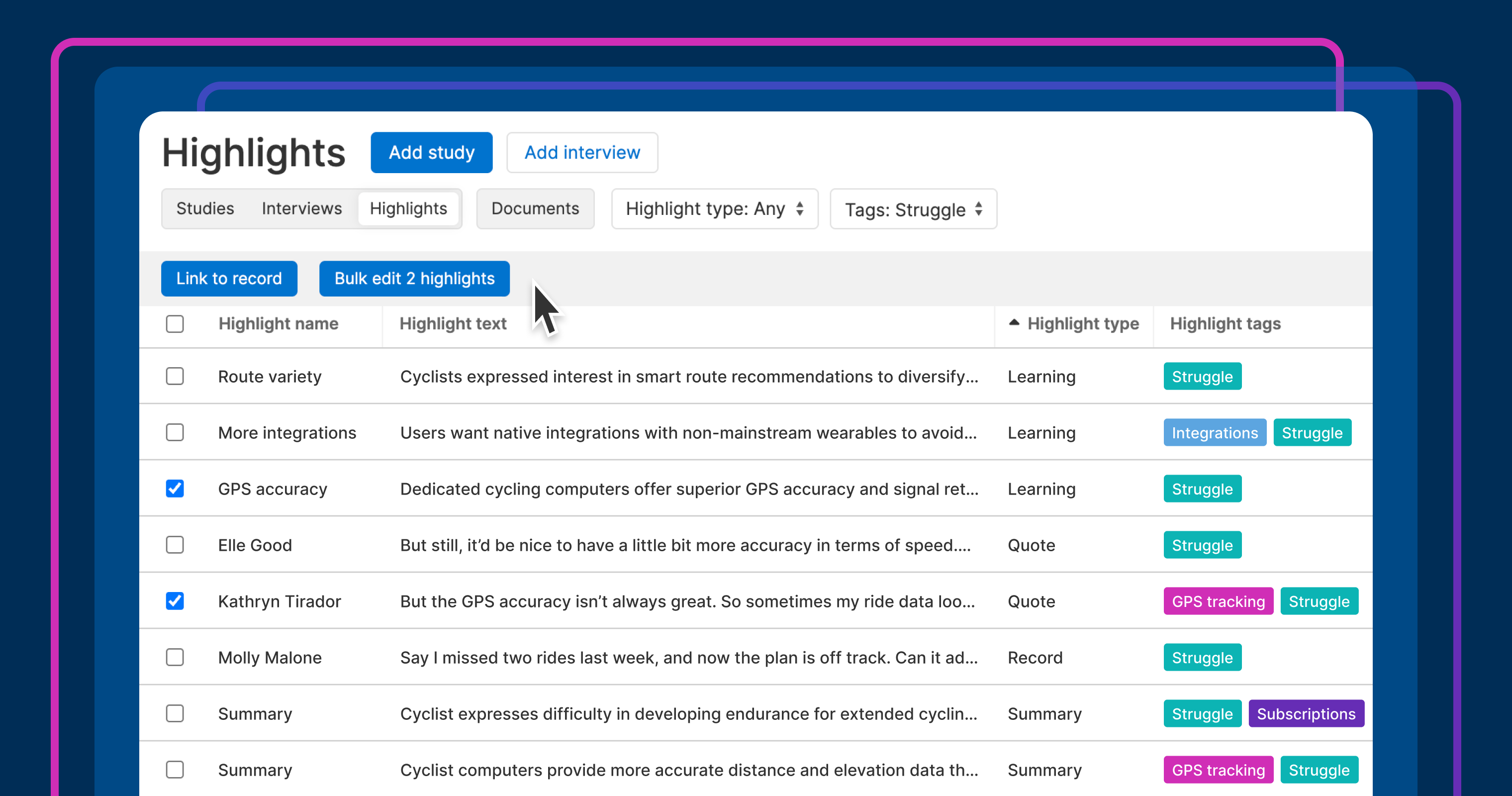Choosing the Best Microsoft Dynamics Business Central Partner for Your Needs
That’s where microsoft dynamics business central partners come in. These certified experts help businesses deploy Business Central in ways that align with their industry, goals, and workflows.

Microsoft Dynamics 365 Business Central is a comprehensive, cloud-based ERP solution designed to streamline operations, improve financial visibility, and support growth for small and mid-sized businesses (SMBs). While the platform offers immense potential, its true value is unlocked when implemented, customized, and managed effectively. That’s where microsoft dynamics business central partners come in. These certified experts help businesses deploy Business Central in ways that align with their industry, goals, and workflows.
However, not all microsoft dynamics business central partners are created equal. Selecting the right one can make the difference between a smooth ERP journey and a project fraught with delays, budget overruns, and unmet expectations. To help you make the right decision, this guide outlines the key factors to consider when choosing a Business Central partner.
1. Assess Your Business Needs and Goals
Before evaluating potential partners, clearly define what your business wants to achieve with Dynamics 365 Business Central. Are you replacing a legacy system? Automating manual processes? Gaining better financial control? Your specific goals will influence the type of services and expertise you need from microsoft dynamics business central partners.
Outline the following:
-
Current challenges and inefficiencies
-
Required modules (Finance, Sales, Inventory, etc.)
-
Industry-specific compliance needs
-
Integration with existing systems
-
Preferred go-live timeline and budget
A well-defined set of goals will help you filter partners based on their ability to meet your unique requirements.
2. Evaluate Industry Experience
Industry expertise is a major differentiator among microsoft dynamics business central partners. Partners with experience in your sector understand common workflows, regulations, and business challenges. They can implement best practices and tailor Business Central to fit your specific operational model.
Ask potential partners for:
-
Case studies or client references in your industry
-
Pre-built templates or accelerators
-
Understanding of industry compliance standards
Working with a partner who has “been there, done that” significantly reduces implementation risk and speeds up deployment.
3. Check Technical Expertise and Certifications
A good partner must have certified consultants who are up to date on Microsoft Dynamics 365 Business Central and related technologies like Power BI, Power Apps, and Azure. Certification ensures that the partner follows Microsoft's best practices and is qualified to handle your deployment.
You should evaluate:
-
Microsoft Gold or Solutions Partner status
-
The number of certified Business Central consultants
-
Experience with migrations from legacy systems
-
Integration capabilities with third-party platforms
Choose microsoft dynamics business central partners that demonstrate a strong technical foundation and a commitment to ongoing learning and innovation.
4. Understand Their Implementation Methodology
A structured, transparent implementation methodology is essential for a successful ERP rollout. Reliable microsoft dynamics business central partners follow a defined approach that includes discovery, planning, configuration, testing, training, and post-go-live support.
Ask about:
-
Project management tools and methodologies (e.g., Agile, Waterfall)
-
Milestones and expected deliverables
-
Communication and reporting frequency
-
Risk management strategies
A partner that uses a proven framework can better control costs, manage change, and deliver your project on time.
5. Evaluate Support and Post-Implementation Services
ERP implementation is not a one-time event—it’s an ongoing process. You’ll need support for system updates, user training, performance optimization, and enhancements as your business grows. Strong post-deployment support is a hallmark of reliable microsoft dynamics business central partners.
Look for:
-
Dedicated account managers or support teams
-
SLAs (Service Level Agreements) for response and resolution times
-
Availability of managed services or training programs
-
A roadmap for future scalability and innovation
Ensure your partner is prepared to walk the journey with you well beyond the initial implementation.
6. Consider Partner Size and Culture Fit
The size of the partner firm should align with your company’s needs. Large partners may bring more resources but could prioritize enterprise clients. Smaller firms might offer personalized service but may lack capacity for complex implementations.
Equally important is the culture fit:
-
Do they understand your company’s values and communication style?
-
Are they collaborative and transparent?
-
Do they involve you in key decision-making?
Cultural alignment ensures a smoother working relationship and higher project satisfaction.
7. Review Client Testimonials and Reputation
Word of mouth still matters. Investigate each partner’s reputation by reading online reviews, browsing their client success stories, or requesting direct referrals. Pay attention to:
-
Client retention rates
-
Feedback on timeliness, professionalism, and expertise
-
Long-term value and customer satisfaction
Trusted microsoft dynamics business central partners build lasting relationships, not just one-time engagements.
8. Ask for a Demo or Proof of Concept
Before signing a contract, request a live demo or a proof of concept tailored to your business processes. This allows you to:
-
See the partner’s capabilities in action
-
Evaluate the user interface and system flow
-
Confirm alignment with your team’s needs
This step ensures that expectations are met and gives your team confidence in both the software and the partner.
Conclusion
Choosing the right microsoft dynamics business central partners is a strategic decision that has long-term implications for your business’s digital transformation. The best partners don’t just implement ERP systems—they help you streamline processes, improve visibility, and position your company for sustainable growth.
By carefully assessing your goals, evaluating partner capabilities, and ensuring cultural alignment, you can find a Business Central partner who becomes a true extension of your team. With the right partner by your side, your ERP journey will be smoother, more efficient, and far more rewarding.


































































































![Building A Digital PR Strategy: 10 Essential Steps for Beginners [With Examples]](https://buzzsumo.com/wp-content/uploads/2023/09/Building-A-Digital-PR-Strategy-10-Essential-Steps-for-Beginners-With-Examples-bblog-masthead.jpg)















































